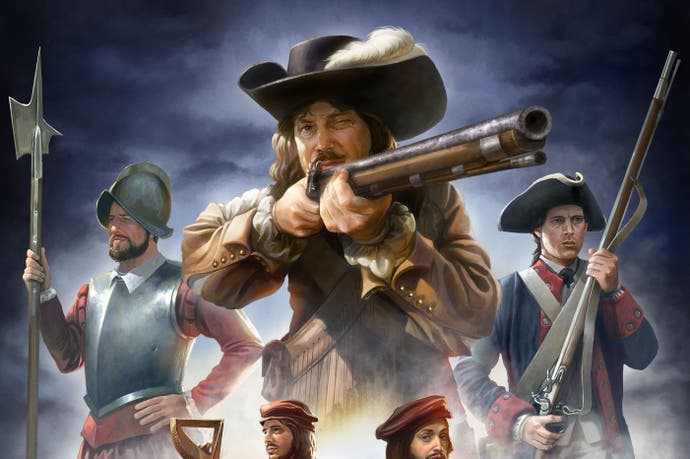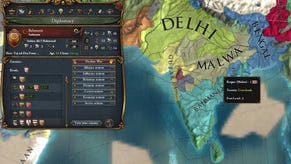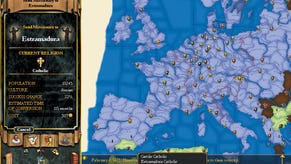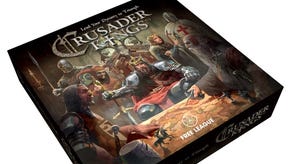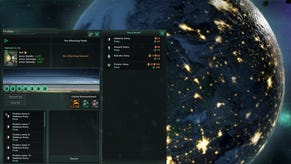Europa Universalis 4 preview: The whole world in your hands?
Global warring.
The Europa Universalis series represents the grandest of grand strategy, and while I'm sure there are strategy titles out there that are even more complex, I can't say that I'd ever want to try them. EU's real-time strategy was quite enough for me, frequently stretching me to my very limits, and the same was true for its peers, that stable of strategy that Paradox Development Studios has been rearing and carefully crossbreeding for over a decade now. Games like Victoria, Hearts of Iron and Crusader Kings had me so lost in their menus that my friends had to send out search parties.
That changed with the release of Crusader Kings 2. Paradox tidied up the interface and paid particular attention to presentation, something that helped players get a much better grip on the game. After spending a couple of hours with an early build of EU4 my experiences were very similar. A revamped interface made a considerable difference to my efforts to reshape the Renaissance, though EU4 remains an enormously deep, rather niche strategy game and as studio director Johan Andersson explains, he would rather not compromise on complexity for the sake of popularity.
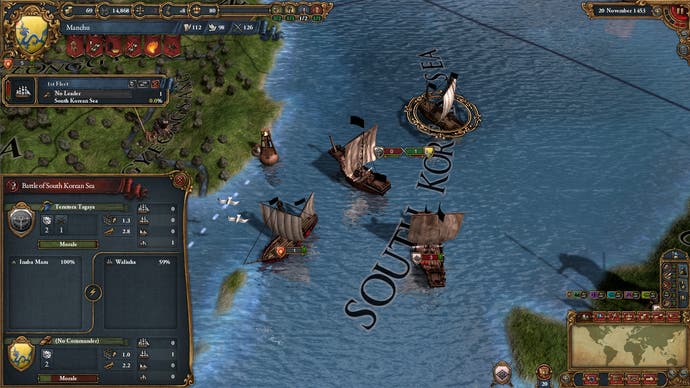
"To be honest, I just want to make the games I want to play myself," he says. "And I want them to be profitable enough that I can have a big enough team to do it all again." He adds that EU4 certainly isn't any lighter than its predecessors and as I took control of the relatively modest nation of Portugal I still managed to lose myself in a wealth of administrative decisions, balancing my budget, directing my armies, keeping tabs on my scientists and philosophers.
But with menus that were much clearer and more logically interlinked, the information I needed to understand what was going on was much easier to find. While EU4 certainly adds a host of new features to the series, for someone like me a redesigned interface is one of the most important improvements.
It's not the most exciting to talk about, mind, and series veterans will be more excited to hear about the new trading system which had me sending ships off to trade nodes in the Mediterranean and reaping the rewards. Then there's the wealth of context-sensitive historical events, in which real-world history can muscle its way into your own timeline. If the climate is right, France can still revolt and England might descend into civil war.
Take the War of the Roses, for example. "That event has a chance of happening during the fifty years before 1500 if you don't have an heir," Andersson explains, and events like these may then spawn others, drawing you into a whole arc of alternate history. Smaller nations like Genoa or Bohemia have a handful of these events, while Andersson says that nations like England, Spain, France and Russia have "about 50 of these events each."
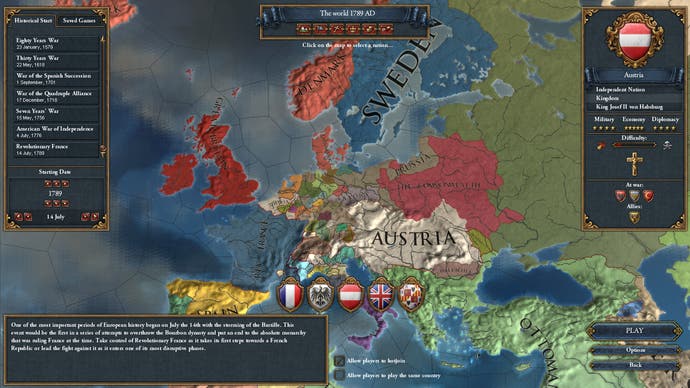
It's all part of Paradox's attempt to give players something different to do beyond just divide and conquer, to vary the pace of the game and avoid what Andersson calls the "strategy snowball effect," where an ever more powerful nation gradually outmatches and eventually steamrollers all opposition. In real life, he says, all sorts of internal strife afflicts nations large and small, and as national leaders come and go players will find their country is managed by people of wildly varying capabilities which may suit eras of peace, war, expansion or trade. Overextension is also a serious consideration, and larger nations struggle with internal stability or the incorporation of regions that are culturally distinct.
A few hours with a game like Europa Universalis 4 is only enough to get the barest of impressions. While I do know that it will be broader, deeper and (pleasingly) much clearer than its predecessor, it's entirely possible a full game of it will still overwhelm someone like me. I've no doubt that fans of the series will be delighted by both the additions and the improvements. I hope that, this time around, I'm able to join them.
